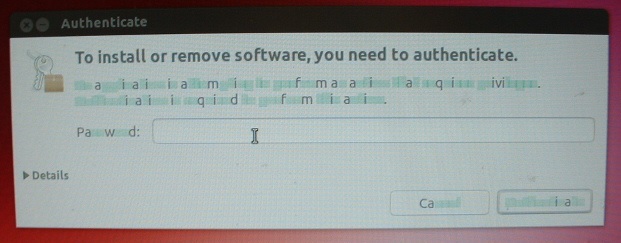I have not created a dependency because I "can't be bothered to come up with a more sensible way to solve the problem". For one thing, there is no problem. You may think otherwise, but suggesting that I cannot come up with a "more sensible way" is rude of you.
I haven't created a dependency at all. I am simply using a wider naming vocabulary than I would if I were to use "unicase". I am
taking advantage of what is offered to me. I am quite happy to live within the "sensible" limitations of the DOS file system, for example, but in other environments I have the possibility of being creative in other ways.
And if you want to take me on with more of your rudeness, I'm more than ready.

I'll see you in the alley!



